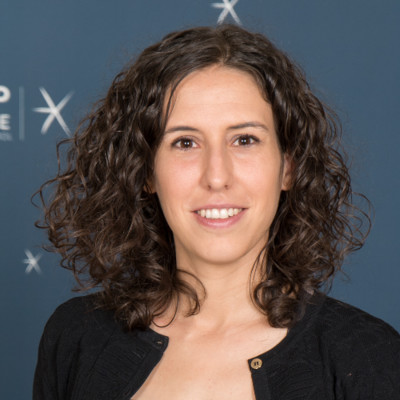Workplace flexibility has grown increasingly popular for years and even more so since the outbreak of the pandemic. However, research results regarding the influence of flexible working on employee well-being are inconclusive. This is partly due to studies overlooking that flexible working is embedded in the way work is conducted and that it is ambivalent. Indeed, flexibility is sometimes experienced as a perk given by the organization, that may allow the employee to go to the doctor in the middle of the day. Other times it is experienced as a contribution the employee makes towards their organization, for example by working late to meet clients demands. Thus, individual experiences of flexibility may vary a lot. In any case, employees can have an active role in the construction and interpretation of flexibility. This project aims to investigate dynamic and idiosyncratic employee experiences of flexible working and how such experiences are connected to their well-being.

01:58
What are the impacts of digital transformations on the HR function? Has digitalization changed the repartition of activities between HR professionals and the proximity managers? What types of HR missions/activities/tools will be digitalized in the future?
To deepen these questions, an ambitious survey involving HR managers from BNP Paribas and Safran was launched, with a specific methodology (Delphi Method). In order to shape the future of the HR function more precisely, it is vital to better understand how HR professionals view themselves, their roles and their positions. This joint initiative of the chairs "Reinventing work" and "Une Usine pour le Futur" aims at understanding the future of digitalization for HR and HR managers today, but also tomorrow.
GALINDO Géraldine - ESCP Business School |
LEON Emmanuelle - ESCP Business School |
- Trends, Trends-en
- Human Resources Management, Organizational behavior



